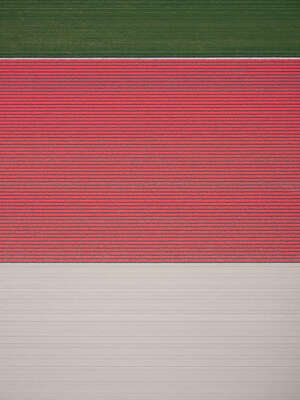

- Exclusive offers
- Inspiring new releases
- Personal invitations to Art Events

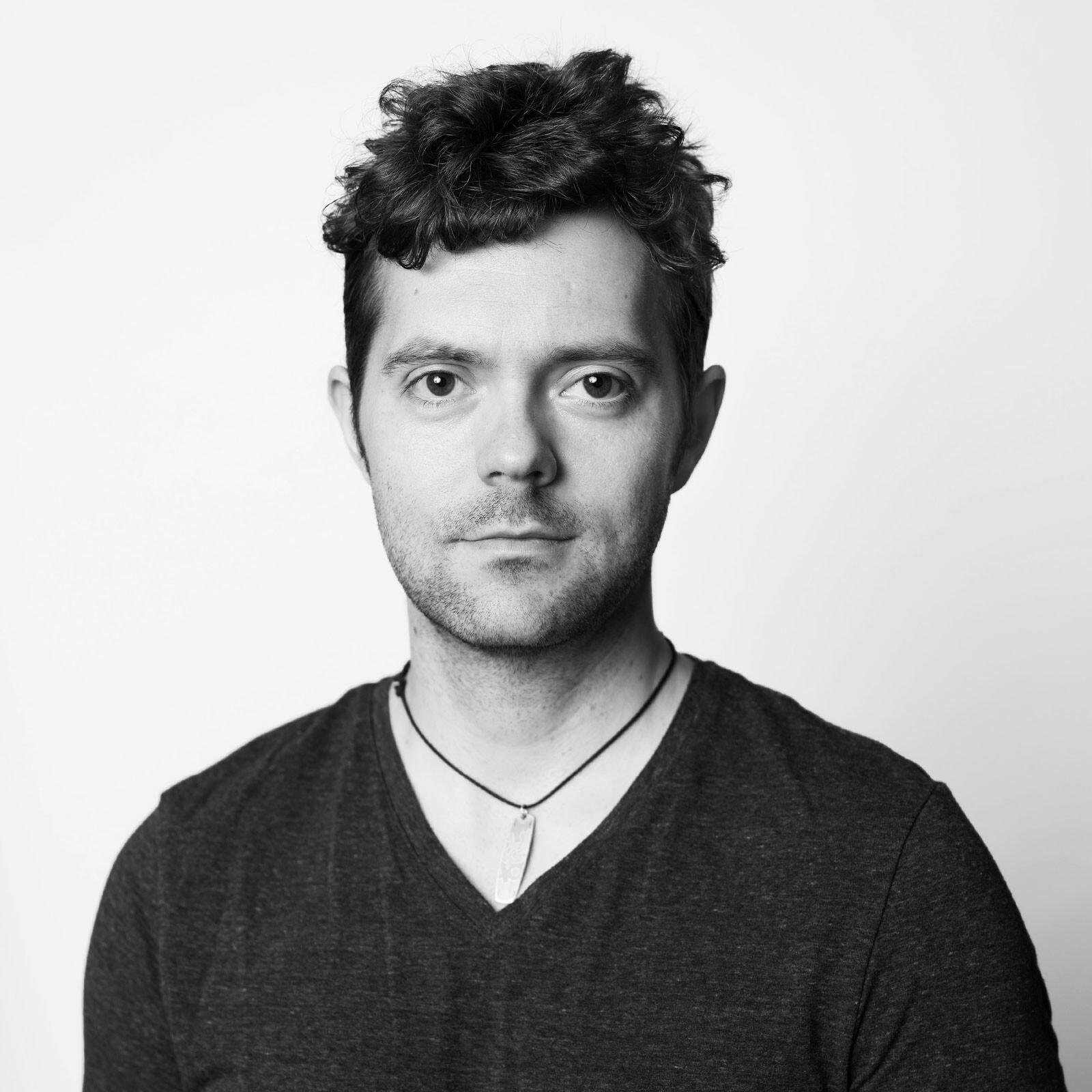
The world looks very different viewed from above. High above from the earth’s surface, we gain a new perspective on what’s happening on the ground. The aerial photographer Kevin Krautgartner… Read more
Intro Exhibitions Interview


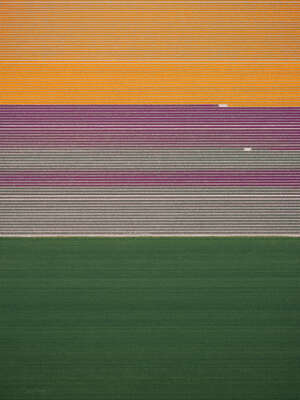

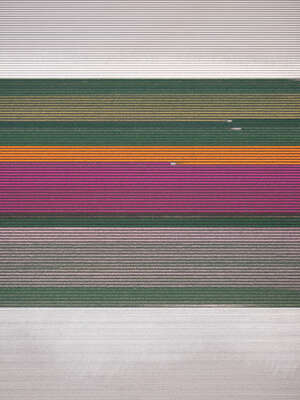

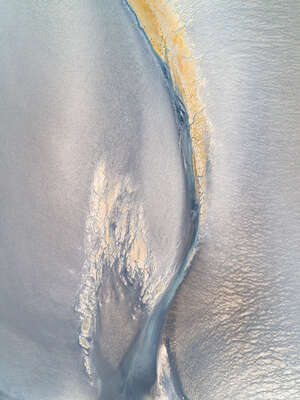

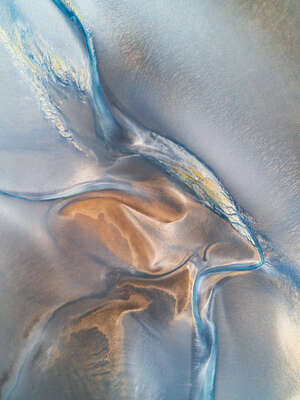

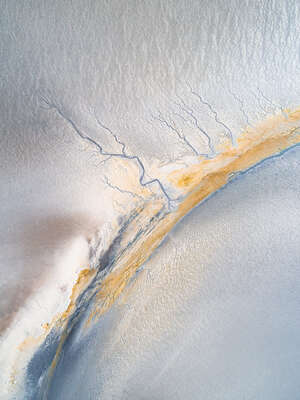

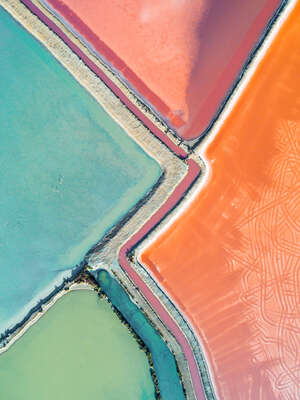

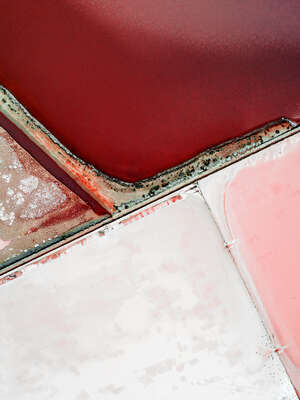

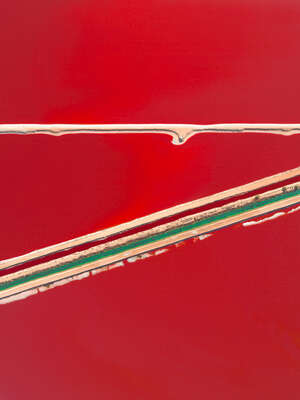

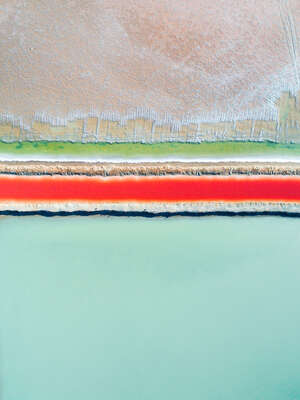

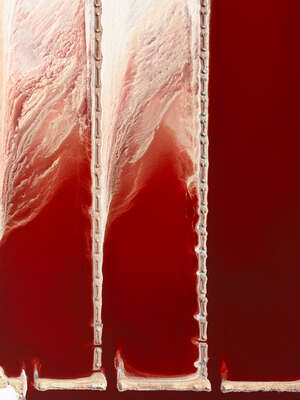

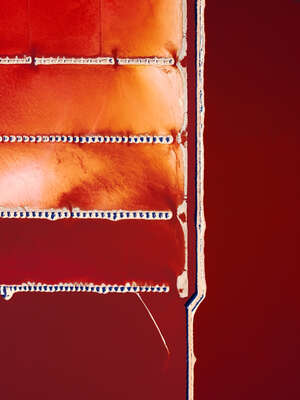

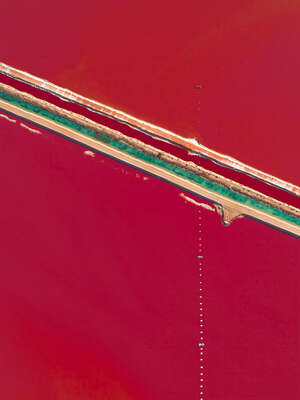

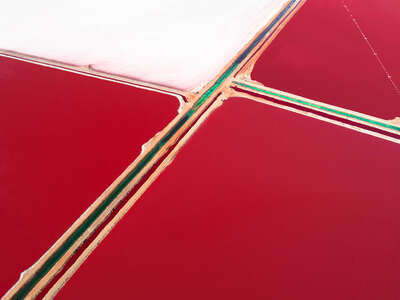

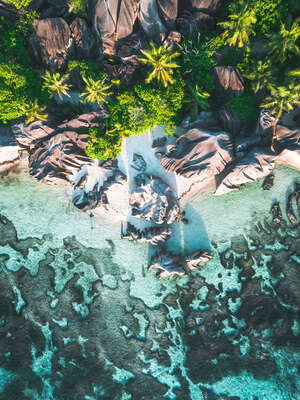

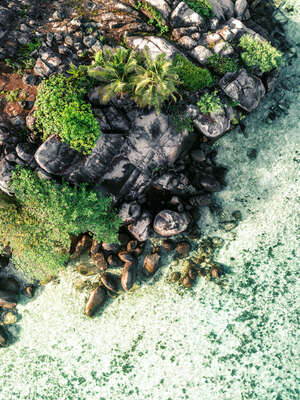

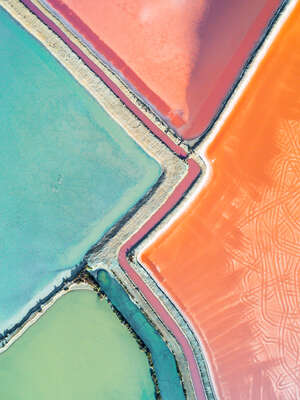

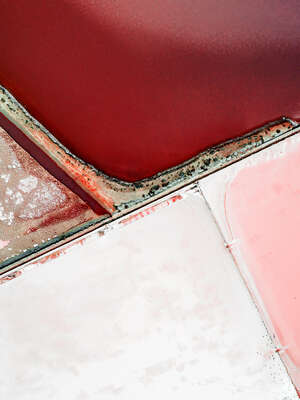

| 2020 | ADC International Awards, winner Moscow International Photography Awards, Gold One Eyeland Fine Art Photo Award: national: Gold, international: Silber ND Awards, second prize Fine Art Photography Awards, winner International Spider Awards, Fine Art: second prize |
| 2019 | Lynx International Award, winner Epson Pano Awards, Gold Top 101 intl. Landscape Photographer of the Year One Eyeland Fine Art Photo Award, Gold: National Fine Art Photography Awards, 1.Platz: Travel |
| 2016 | Wuppertaler-Photoaward |
| 2014 | fotoMAGAZIN Maesto photo award, winner EISA´s People‘s Choice Award, winner |
| 2021 | South Australian Museum, Adelaide, Australia |
| 2020 | Photocenter, Moscow, Russia Galerie LIK17, Vienna, Austria PhotoPlace Gallery, Middlebury, USA Peinture Fraîche, Brussels, Belgium Blank Wall Gallery, Athens, Greece |
| 2019 | Lokarjeva Galerija, Ajdovščina, Slowenia Museo MIIT, Turin, Italy |
| 2017 | SpacePlace Gallery, Nizhny Tagil, Russia |
| 2015 | Kulturzentrum Sommerloch, Wuppertal, Germany |
Picasso once said, “You don’t make art, you find it.“ Where do you find your art?
I find this quote fitting and can confirm it’s accuracy. Roughly half of my works are unplanned; I continuously find landscapes during my flights (e.g. helicopter) that could not have been identified in satellite images. These spontaneous moments make photography infinitely exciting. Mother nature is always creating something new and the search for such circumstances fascinates me!
From concept to creation: How do you approach your work?
For my projects, planning is the most important. I spend a significant amount of time organizing and researching satellite images in advance. Depending on the project, various conditions must be ideal – such as weather, wind, tides, or sun positioning. Most shoots involve booking helicopters or small planes, which quickly becomes expensive. For this reason, I must ensure everything gets accomplished on the day of the shoot. Aeriel shoots can last anywhere between 1.5 and 5 hours, with location being the determining factor. As I often photograph remote landscapes, some flights take 2 hours each way. In the air, I rely on removable doors that allow me to photograph perfectly downwards. It’s not uncommon for me to take over 1,000 photos per flight as I can’t waste time checking on elements such as crop and focus. Not all projects allow for helicopters and small airplanes, though. Altitude and location affect accessibility, meaning drones are occasionally employed. I try my best to avoid this as the image quality is inferior. Ultimately, I choose my equipment based on the requirements of the shoot. For me, these are just tools that help me realize my vision.
What’s your favorite book?
I’m not sure if this counts, but I enjoy reading biographies of people I find particularly interesting. Life writes the best stories, and we can learn a lot from books about people like Jackson Pollock, Edward Snowden, and Steve Jobs. If we’re talking about novels, though, I would say Passenger 23 by Sebastian Fitzek.
Which artist would you like to have coffee with and what would you talk about?
I would likely choose Edward Burtynsky. His work has inspired me over the years, and he is – in my eyes – one of the world’s best photographers. As far as our conversation, I’m most interested in how he was able to produce such intricate, high quality aeriel photography back in the 80s. In general, I believe he has countless stories to tell. After all, photography has taken him to the most remote parts of our planet.
How did you develop an interest in art?
I was very interested in graphic design at the onset of my studies. Through this, my love of art and photography flourished. I began experimenting with my parents’ camera; this continued throughout my graphic design studies and, eventually, my hobby became my profession.
Who in your life influences you the most?
My family and close friends support me in my work, and they are always eager to provide an outside perspective. Above all, however, is the influence of my colleagues within the photography industry – particularly those I interact with on a regular basis. We exchange ideas and offer up new concepts, which both inspires and improves my work.
If you had a time machine, where would you go?
Definitely to the future! No too far, though, as many things would become overly abstract. But I’m certainly interested in the state of the world 50 to 100 years from now. Watching society evolve over time is fascinating and I hope to witness it for years to come.
What is your greatest passion, aside from art?
Sports in general - especially squash and wakeboarding in the summer. I'm passionate about staying active, so I would rank this 2nd after art/photography.
What are you working on at the moment?
Over the last few months, I have traveled to Kenya, Namibia, and Hawaii to capture images. I am currently reviewing and editing my work from these trips. In the meantime, I’m planning trips to Kamchatka, Australia, and the United States. I hope that the Corona situation will soon grant us unrestricted freedom of travel again.